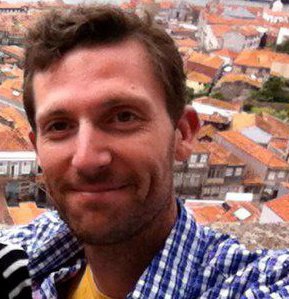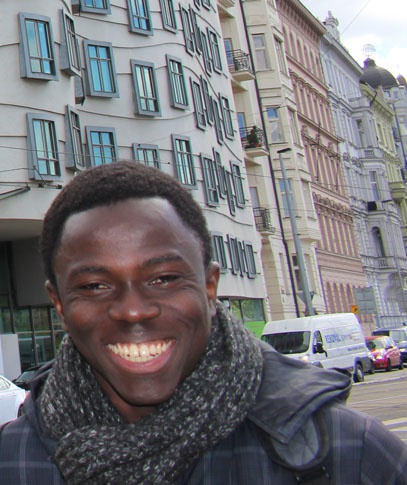
Saturday 23 April, 08:30
MFYS Sport Injury Seminar
On April 23 2022 from 9 am until 1 pm, MFYS hosts the Sport Injury Seminar on the main campus of Vrije Universiteit Brussel in Etterbeek. The symposium will leave the floor to renound researchers and clinicians (surgeons, physiotherapists, …) which will be an added value for...
On April 23 2022 from 9 am until 1 pm, MFYS hosts the Sport Injury Seminar on the main campu...

Friday 1 January, 12:00
SGP Application
 Joshua Grigsby, 4CITIES Almunus
Joshua Grigsby, 4CITIES Almunus
 William Otchere-Darko, Alumnus
William Otchere-Darko, Alumnus
